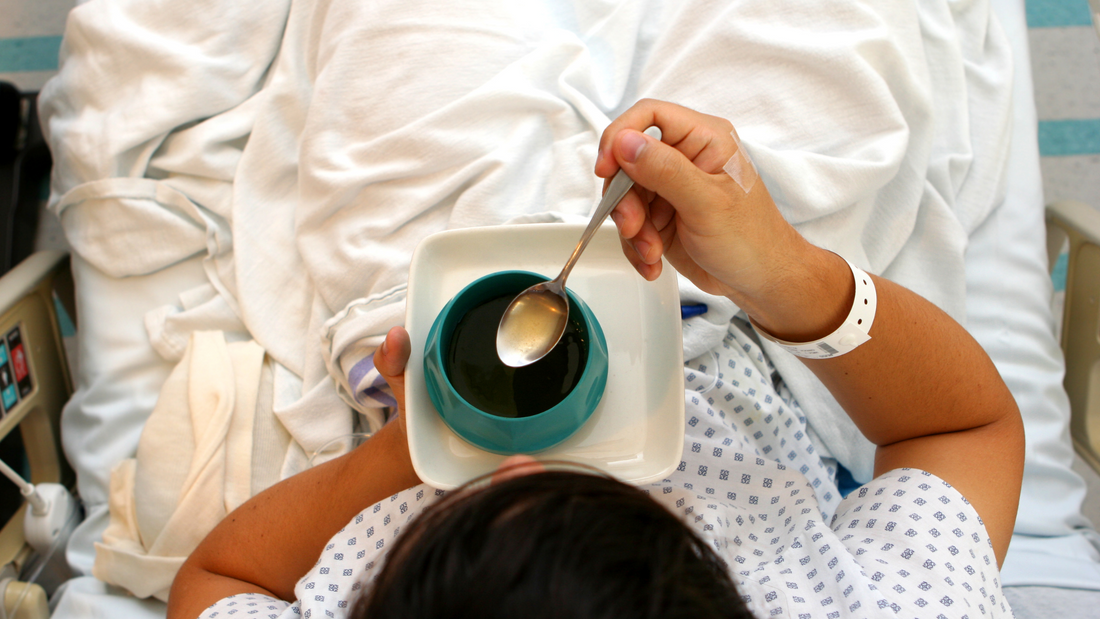Protein plays a crucial role in the health and recovery of people with cancer. It impacts various aspects of treatment, recovery, and overall well-being.
Here are 4 reasons why getting enough protein is important for people with cancer:
1. Supports muscle mass
Cancer and its treatments often lead to muscle wasting, a condition known as cachexia.
Adequate protein intake can help to prevent muscle loss and ensure that patients can continue to perform necessary physical functions and daily activities.
2. Repairs body tissues
Protein is vital for the repair and regeneration of body tissues. The repair process is important whenever muscles and body tissues experience any type of strain. Treatments like surgery, radiation, and chemotherapy can all cause damage to healthy cells.
The British Dietetic Association (BDA) highlights that protein helps in the healing process, reducing recovery time and improving the efficacy of treatments. By supporting cellular repair, protein intake can aid in the overall recovery process for cancer patients.
3. Immune system support
Protein is necessary for the production of antibodies and immune cells, which enhance the body's ability to fight infections and cope with the side effects of treatment.
A strong immune system can significantly impact a patient's ability to withstand rigorous treatment plans.
4. Improving someone's quality of life
Protein contributes to maintaining energy levels and supporting muscle mass, helping people to do the daily activities they enjoy.
Conclusion
For cancer patients, protein is indispensable. It supports muscle mass, aids in tissue repair, supports immune system and improves overall quality of life.
Ensuring adequate protein intake should be a key component of a comprehensive care plan for individuals battling cancer.
References
Cancer Research UK. (n.d.). Diet and cancer. Cancer Research UK
British Dietetic Association (BDA). (n.d.). Food Facts Sheet: Nutrition and Cancer. BDA
Macmillan Cancer Support. (n.d.). The building blocks of your body. Macmillan Cancer Support
NHS. (n.d.). Eating well during cancer treatment. NHS



